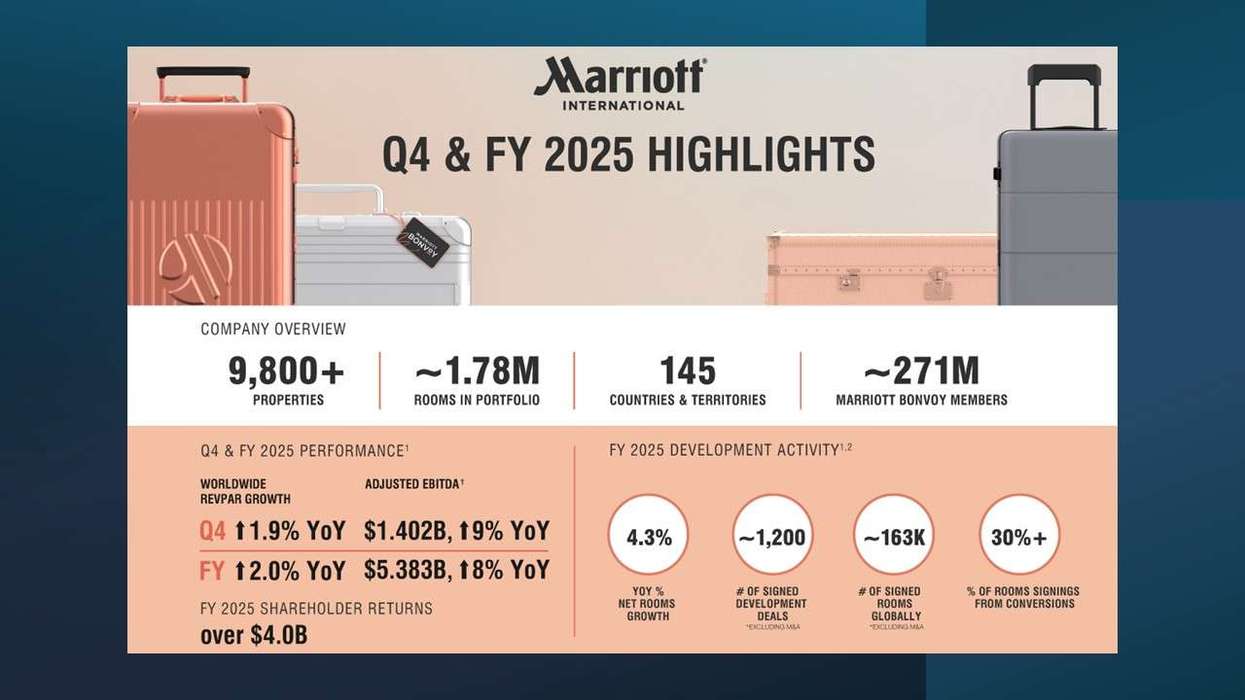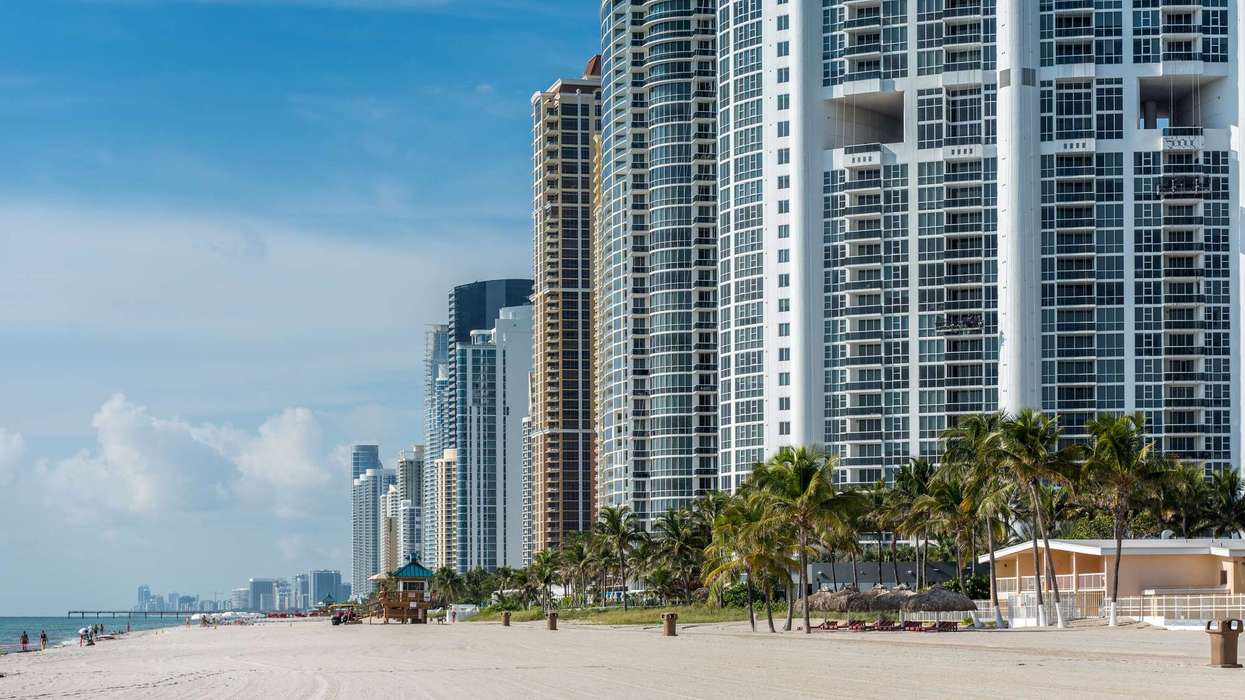OCCUPANCY FOR U.S. hotels dropped somewhat in the week ending with July 4, ending an 11-week streak of steady increases. A surge of COVID-19 cases in some states is believed to be one cause.
At 45.6 percent, occupancy for the week was down 30.2 percent from the same time period last year. ADR finished at $101.36. down 20.9 percent from last year, and RevPAR dropped 44.8 percent to $46.21.
“Demand came in 67,000 rooms lower than the previous week, and beyond that, July 1 was a reopening day for a lot of hotels, further impacting the occupancy equation,” said Jan Freitag, STR’s senior vice president of lodging insights. “A rise in COVID-19 cases has led to states pausing or even rolling back some of their re-openings. Beaches have been a big demand driver for hotels, but with many beaches closed ahead of the July 4 holiday, all but two markets in Florida showed lower occupancy than the previous week. Growing concern around this latest spike in the pandemic has further implications for leisure and business demand alike.”
Together STR’s top 25 markets had even lower occupancy, 39.6 percent, and ADR at $100.07. Norfolk/Virginia Beach, Virginia, was the only one of the major markets to surpass 60 percent occupancy, reaching 63.4 percent.
Other markets that rose above 50 percent occupancy were Detroit with 52.8 percent; Tampa/St. Petersburg, Florida, with 51 percent; and San Diego with 50.3 percent. Markets with the lowest occupancy levels for the week included Oahu Island, Hawaii, with 19.4 percent; Boston with 28.7 percent; and Orlando, Florida, with 29.3 percent.
Of note, in New York, New York, occupancy was 40.1 percent, down from 42.4 percent the week prior. In Seattle, occupancy was 32.5 percent, a slight decline from 33.2 percent the previous week.
Travel by car over the July 4 weekend exceeded predictions by travel research firm Arrivalist. The more than 36 million travelers preferred remote destinations, such as Mt. Rushmore where President Trump held an event over the weekend, according to Arrivalist’s daily travel index, which measures only trips taken by car that are longer than 50 miles.





